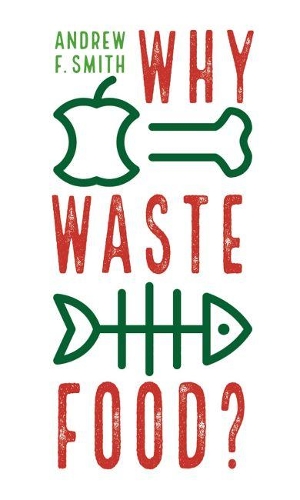
Why Waste Food
(Paperback)
Publishing Details
Why Waste Food
By (Author) Andrew F. Smith
Reaktion Books
Reaktion Books
1st October 2020
United Kingdom
Classifications
General
Non Fiction
640.286
Physical Properties
Paperback
176
Width 120mm, Height 200mm
Description
An examination of food waste across the global supply chain
About one-third of all food grown for human consumption is lost or discarded every year, despite financial, environmental and ethical reasons to not waste food. We grow enough food to adequately feed everyone in the world, yet hundreds of millions of people suffer from hunger, malnutrition or food insecurity. Together it accounts for about 8 per cent of the world's total greenhouse gas emissions. So, if wasting food is such a patently bad idea, why do we discard so much
In Why Waste Food, Andrew F. Smith investigates one of today's most pressing topics, examining the causes of avoidable food waste across the supply chain, and highlighting the ways in which we can all do something to tackle this global concern.
Reviews
"In this fact-filled account, Smith surveys the food system from farm to fork, describing the many ways in which food is wasted, even though wasting food is in no ones interest, while finding reasons for hope through the many community and corporate initiatives to reduce waste. The book contains some jaw-dropping statistics." * OxVeg News *
A no-nonsense practical guide for solving one of the most pressing agricultural, environmental, and social problems of our time. Smith outlines the enormity of the problemon farms, in our homes, in retail and food serviceand warns that there is no silver bullet to making sure food is valued, preserved, and appreciated. All of uspolicy makers, businesses, producers, and eatersneed to be part of the solution. -- Danielle Nierenberg, president of Food Tank
Author Bio
Andrew F. Smith teaches food studies courses, including one titled Zero Food Waste, at the New School University in New York city. He is the author or editor of thirty-two books, including Food in America (2017), Savouring Gotham (2015), and Fast Food: The Good, the Bad and the Hungry (Reaktion, 2016).
